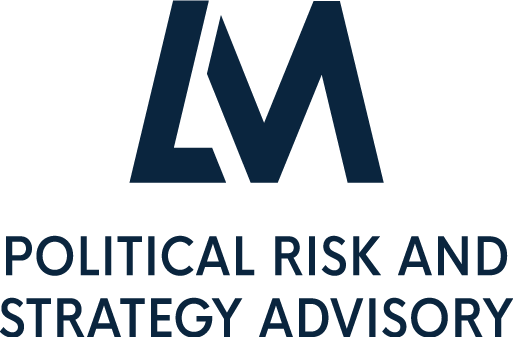In preparation for our joint webinar with the Austrian Business Council (WKO) titled "Current Situation in Ukraine Risk and Crisis Management" on Thursday, 24 February (please follow the link to our slides), L&M PRISK carried out a comprehensive analysis based on HUMINT background conversations with people from our network in the region.
The three major statements are: Firstly, the invasion of Ukraine shows that Putin ranks geostrategic and historical-nationalistic interests over economic interests. “Putin is willing to pay highest costs. He will not take Western sanctions seriously. (…) Anyway, he does not believe that the West is able to agree on powerful sanctions. He regards the EU as weak and discordant. “
Secondly, the invasion will be aimed at forcing a regime change in Ukraine. The goal is to trigger chaos, bringing the country to collapse, forcing president Selenskyj to leave the country. At the same time, Russia will install a new pro-Russian regime. Our sources emphasised that this is Putin’s iron target. “There won’t be any concessions”.
Thirdly, Putin will try to establish a new security order in Eurasia and beyond. In this context, he aims at implementing the “Near Abroad Doctrine” that was formulated after the dissolution of the Soviet Union, stating that the newly independent republics, which emerged after the dissolution of the Soviet Union, belong to Moscow’s sphere of influence and to nobody else. As one of our sources highlighted, “the last chapter of the post-Soviet states has just begun”. In other words, Putin will tighten his grip on other post-Soviet states as well, no matter the cost. Countries with governments that do not resist or willingly accept Russia’s military power – like Kazakhstan recently – will quietly slide into the new reality. In other countries, however, Russia is ready to carry out open and hidden military attacks as well as cyber-attacks. Against this backdrop, battlefields of the future could be Moldova, Georgia and Kyrgyzstan in particular.
What can companies do now? How can they manage associated political risks?
In Ukraine, in the short term, companies now have to develop and implement acute emergency plans to safeguard staff and employees as well as the most important company resources, for example by hiring private security providers. Parallelly, they have to develop an contingency plan to ensure company operations and safeguard control to the highest degree possible.
In the mid- and long-term, companies have to adapt the organisational structure and procedures to a continuous situation of uncertainty. In Ukraine and the other post-Soviet states political risks will increase: Political instability, corruption, deficiencies concerning the rule of rule of law will have to be managed. Under the new rulers in Ukraine, expropriation measures will take place with certainty. Such measures can be directed at the own company and/or important business partners. Companies have to follow these developments carefully by carrying out HUMINT in-depth research on the new rulers and their business aspirations. The reform pressure by the EU on states concerns will break abruptly (Ukraine) or slowly decrease in other cases. At the same time, trade agreements with the West will become less important. In the Eastern Partnership region, this particularly concerns the Deep and Comprehensive Free Trade Agreements (DCFTA) with the EU.
Companies are affected very differently by these political developments. For example, exporting companies have a different risk exposure than companies that have invested locally. However, in any case, companies firstly have to identify specific risk factors affecting their company/their projects. They then have to evaluate the possible effects and prioritise along the dimensions “probability and impact.” They finally have to develop and implement mitigation strategies for the respective risk constellation.
In other words, country/regional risk always require tailor-made company solutions. L&M PRISK is ready to support you. Please feel free to contact us: info@lm-prisk.com

